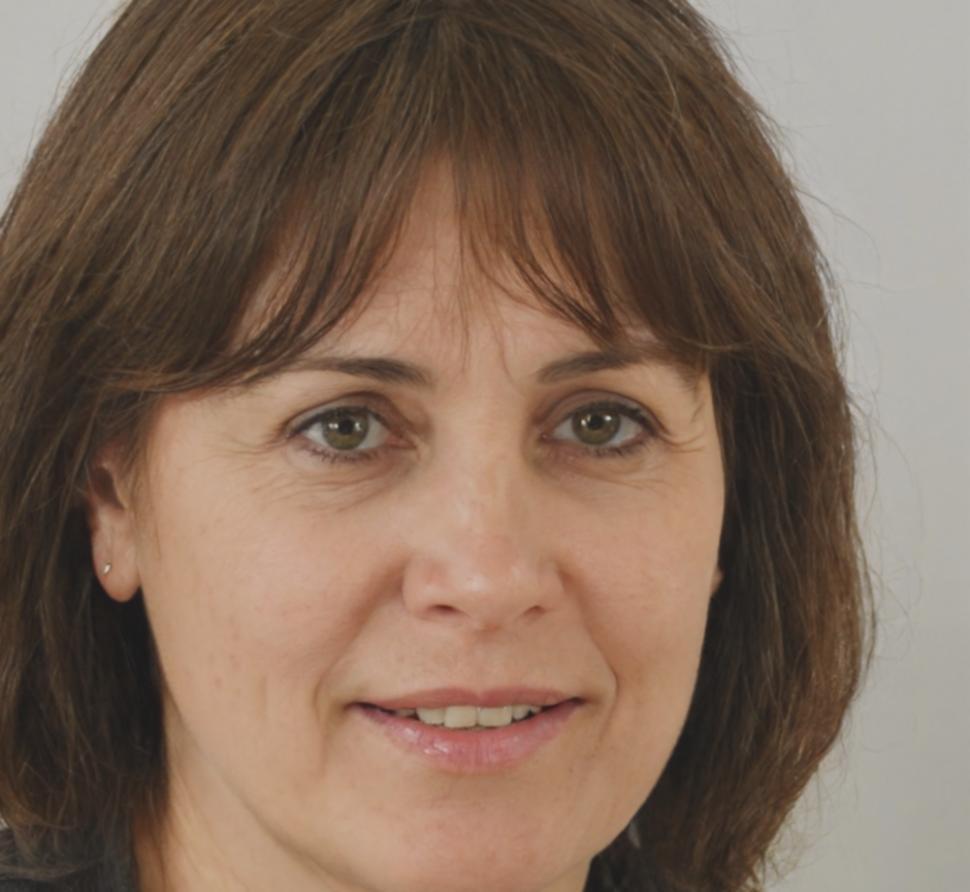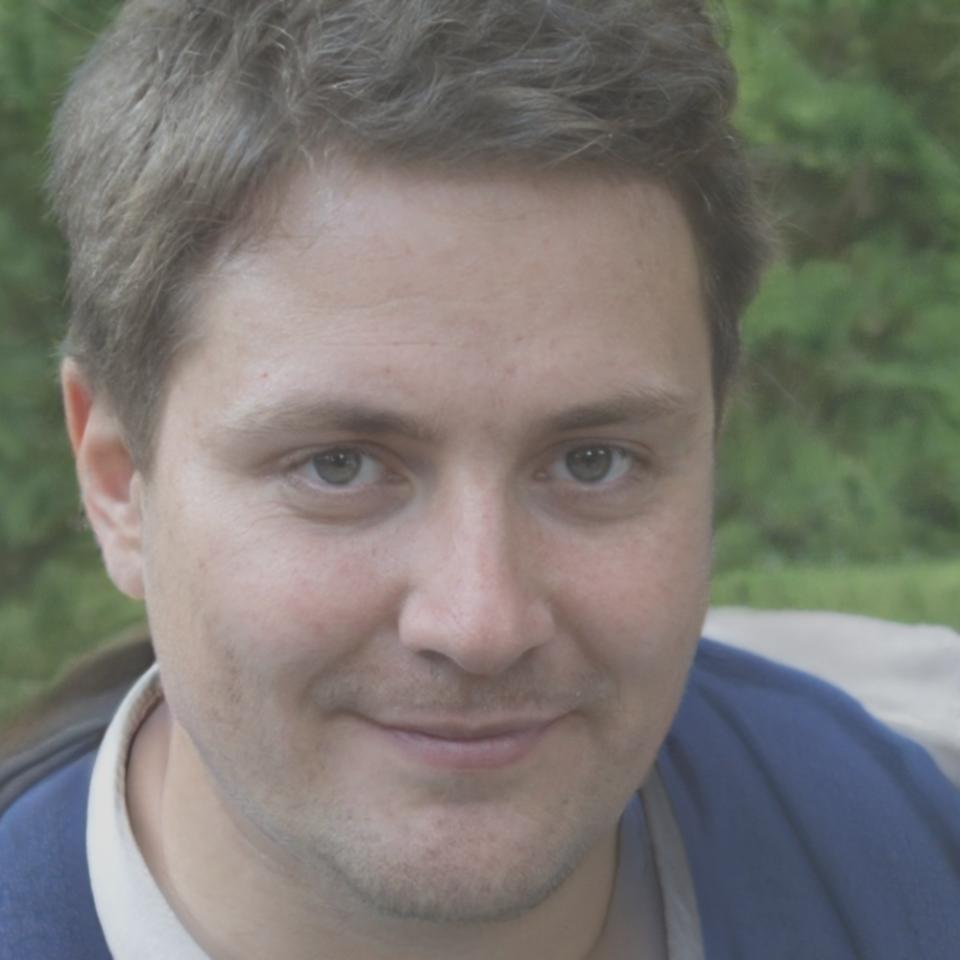Sienna Torres
Retail Manager · Perth
Starting Point (October 2024)
I had three credit cards and genuinely no idea how much I owed total. Avoided looking at statements because they stressed me out. Was making minimum payments and wondering why the balances never seemed to drop.
The Shift (December 2024)
First breakthrough was just writing everything down in one place. Sounds simple, but seeing the whole picture helped me stop panicking and start planning. Created a debt payoff order based on interest rates, not feelings.
Current Status (April 2025)
Paid off one card completely. The other two are on track to be done by October. I have a small emergency fund now — only 0, but that's 0 more than I've ever had saved. Most importantly, I don't feel that Sunday night money dread anymore.




